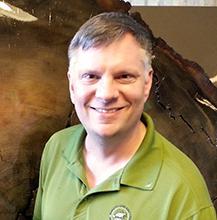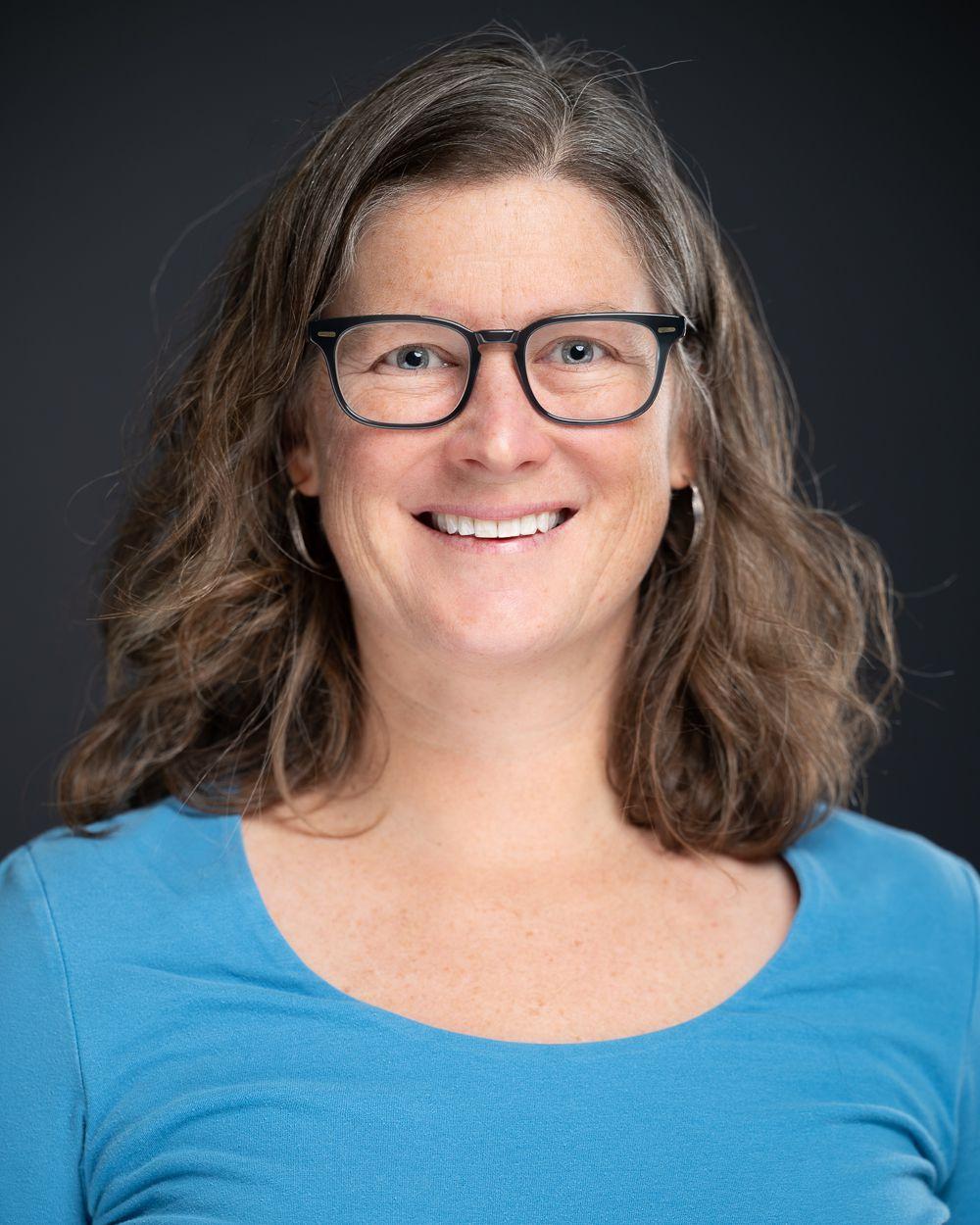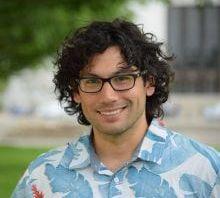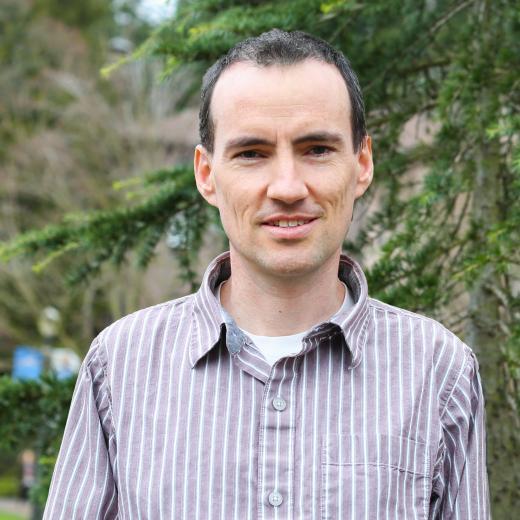Graduate Academic Advisors

Ed Weber
Graduate Program Coordinator/Internship Advisor
ES 545B
(360) 650-3646
Ed.Weber@wwu.edu
You can schedule an appointment with Ed here
Ed fields questions about all graduate program applications, admission requirements, graduate plans of study, thesis/field project requirements, teaching assistantships, graduate student funding, and all other Master's program topics for all College of the Environment Master's Programs. Ed is also the Internship Advisor for the College of the Environment for both Graduates and Undergraduates. Contact Ed by phone or email, or stop by his office near the College of the Environment College dean's suite in ES 545 on floor 05 (halfway between floors 4 and 5).
Additional information is also available from the following faculty graduate advisors:

Dr. Kathryn Sobocinski
Graduate Advisor for Environmental Science and Marine and Estuarine Science
ES 445
(360) 650-3986
sobocik@wwu.edu
As Graduate Advisor for Environmental Sciences and Marine and Estuarine Science, Dr. Sobocinski is available to talk with current and prospective graduate students about how to find success in our program. Additionally, she mentors graduate students working on projects related to salmon survival in marine ecosystems, interactions between fish and their prey and competitors, quantitatively assessing the cumulative effects of estuarine restoration for salmon, and marine ecology related to anthropogenic change within the Salish Sea and beyond.

Dr. James Miller
Graduate Advisor for Urban Planning and Environmental Sustainability
AH 207
(360) 650-2592
mille630@wwu.edu
Dr. Miller’s research interests include Indigenous community planning, Indigenous place-keeping & placemaking, climate change adaptation and resilience, and place-based housing systems.

Dr. Mark Neff
Graduate Advisor for Environmental Studies
AH 228
(360) 650-2896
neffm3@wwu.edu
Dr. Neff's research interests include understanding and improving the policies governing science to better serve the public interest, the use and uptake of scientific information in formal and informal environmental decision making, and cultural self-sorting into disciplines and programs at universities.